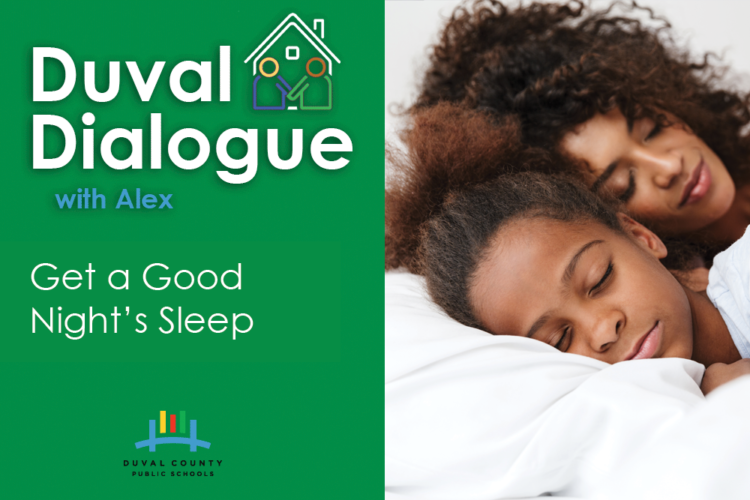May 11, 2020 –Not getting enough rest is a major culprit causing low energy or moodiness. Studies show that people limited to four to five hours of sleep experienced anger, sadness, and stress, which were all significantly reduced when they returned to the recommended seven to nine hours.
If you’re thinking, “That’s not me! I go to sleep at 10 and don’t wake up until 8!” — think again. Just because you sleep through the night, doesn’t necessarily mean you are entering into a healthy amount of deep sleep. You may be tossing and turning without even realizing it. There are lots of things you do during the day or before bed that can cause this.
Therefore, if you want to ensure your body is getting all the rest and relaxation it requires in order to handle the various mental and emotional stressors of daily life, try following some of the recommendations below.
- Give yourself a caffeine curfew that starts at 2 in the afternoon. Caffeine disrupts sleep even when taken up to six hours before bedtime! So around lunchtime, cut the coffee and sodas in order to get a more restful night.
- Dim those lights at night. Screens (and even bright LED light bulbs) produce an artificial blue light that can suppress the release of the body’s sleep-inducing hormone, melatonin, and lead to sleep interruptions. If you go to your display settings on your laptop or phone, you can set a time for your screen to switch to what is called “night shift” or “night mode.” Often, you can even adjust how warm or cool the screen looks.
- Cut screens out entirely an hour before you go to bed. Try reading a book or dedicating that time to reflecting on the day. Maybe do some of our meditative activities we previously talked about.
- Avoid food right before bedtime. Instead opt for a calming cup of chamomile or mint tea. Food intake before bedtime has a negative correlation with sleep quality. This is important because the time your body takes to fall asleep helps it to be fully functioning during waking hours. You could also opt for a lavender tea. Lavender has been shown to improve sleep quality and also offers many other mood calming qualities.
- Don’t do work on your bed. Atmosphere plays a big part in facilitating sleep. If the atmosphere in your bedroom resembles an office or workspace – and you have your laptop, calculator, notepads, schoolbooks and thesaurus next to your pillow – than it will be harder to really rest and relax. Keep a clear divide between your place of work and your place of rest.
- Set a time early in the day to catch up on the news. If watching the news is causing you additional stress, then try to limit your intake. Make sure that before bed, you’re taking part in activities that really relax you rather than things that cause your mind to go a million miles a second.
What sort of things help you to sleep? Have you felt groggy during the day and taken any steps that yielded positive results? We want to know about them. Remember, you can email your thoughts, ideas, and responses directly to me at poolerm@duvalschools.org. Check back each week this month for more mental health topics.








